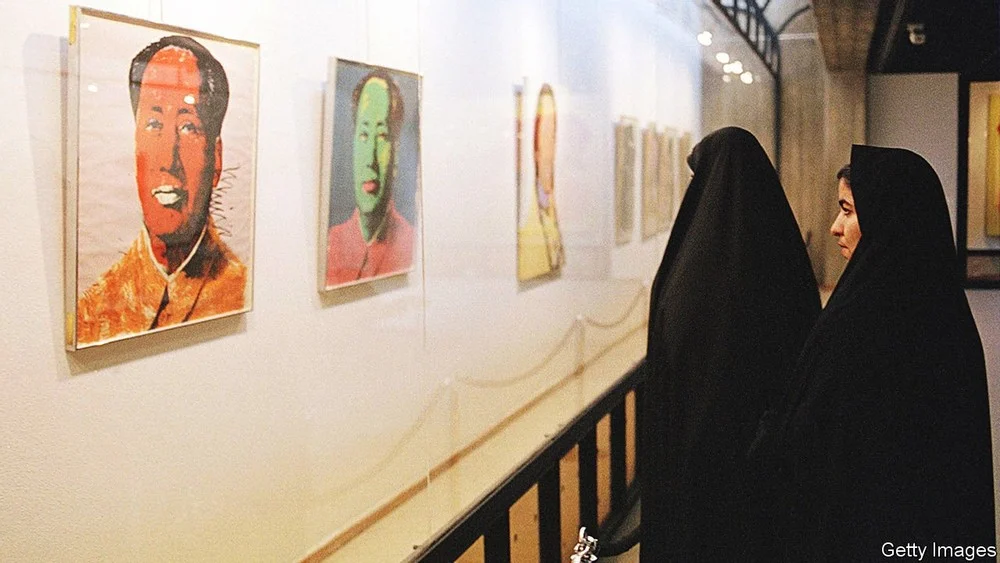Binyamin Netanyahu looks to pull off another magic trick
JERUSALEM – BINYAMIN NETANYAHU hoped to ride a successful vaccination drive all the way to victory in Israel’s parliamentary election on March 23rd. The prime minister spent most of his time on the campaign trail touring vaccination centres, promising that Israel would be the first country to emerge from covid-19. His party, Likud, even co-opted the government’s slogan for the drive, “Returning to Life”, as its own rallying cry—until a judge ordered it to stop.
Israel has jabbed a higher proportion of its citizens than any other country. Yet the political side of Mr Netanyahu’s plan failed. Though Likud remains the largest party in the 120-member Knesset (Israel’s parliament), it got 300,000 fewer votes and won six fewer seats (30) than it did in the last election, a year ago. Worse, the bloc of right-wing and religious parties that were expected to support a new government led by Mr Netanyahu won only 59 seats, two short of a majority.
There is no one reason for the decline in support for Mr Netanyahu (whose nickname is Bibi). Most Israelis agree with his hawkish policies and appreciate his efforts to secure early shipments of vaccines. “There’s no-one like Bibi. His achievements are legendary,” said a shopkeeper in the coastal city of Ashkelon on election day. But many Israelis have grown tired of his divisive and increasingly autocratic manner of governing. Even the shopkeeper said Mr Netanyahu had lost touch with ordinary people. He didn’t vote, “because I can’t see anyone capable of replacing him either.”
This was Israel’s fourth election in less than two years, as none of the previous polls produced a stable government. Israelis are growing frustrated with the stalemate. Turnout dropped by four percentage points, to 67.2%. A trio of men aiming to replace Mr Netanyahu did not generate much enthusiasm. The right-wing parties of Naftali Bennett and Gideon Sa’ar, both former aides to Mr Netanyahu, now rivals, won only 13 seats between them. The centrist party of Yair Lapid, leader of the opposition in the outgoing Knesset, won 17.
The parties opposed to Mr Netanyahu have won a majority, as they did in the two most recent elections, but that doesn’t mean much. They are ideologically divided and refuse to work together, even to unseat the prime minister. The Arab parties, for example, have never been invited into a government. Nor, until now, have they shown much inclination to join one.
Ra’am, an Islamist party that broke away from the main Arab alliance, won four seats. Its leader, Mansour Abbas, has said he would engage with either side of the political divide if it benefited the Arab-Israeli community. Before the election Mr Netanyahu ruled out working with Ra’am. But now that he and his allies are short of a majority, some of them are sounding more conciliatory.
Others are not. To ensure the parties that back him met the threshold of 3.25% of the vote for entering the Knesset, Mr Netanyahu engineered the merger of three small far-right Jewish parties. That grouping, which includes Jewish supremacists, has won six seats. Bezalel Smotrich, its hardline leader, has already declared that “there will be no right-wing government based on Mansour Abbas’s Ra’am party. Period.” Even Mr Netanyahu, whom supporters call “the magician”, will have trouble conjuring up a coalition.
Yet he may want to avoid a new election more than most Israelis. In 2019 Mr Netanyahu was charged with bribery, fraud and breach of trust. On April 5th the first witness for the prosecution is due to take the stand in his trial. The prime minister rejects the charges; many of his supporters believe he is the victim of a “witch-hunt”. Still, his next election campaign would probably be overshadowed by the damaging testimony heard in court. And Israelis might decide that, after 12 straight years of Mr Netanyahu in charge, it is finally time for a change.
By The Economist





